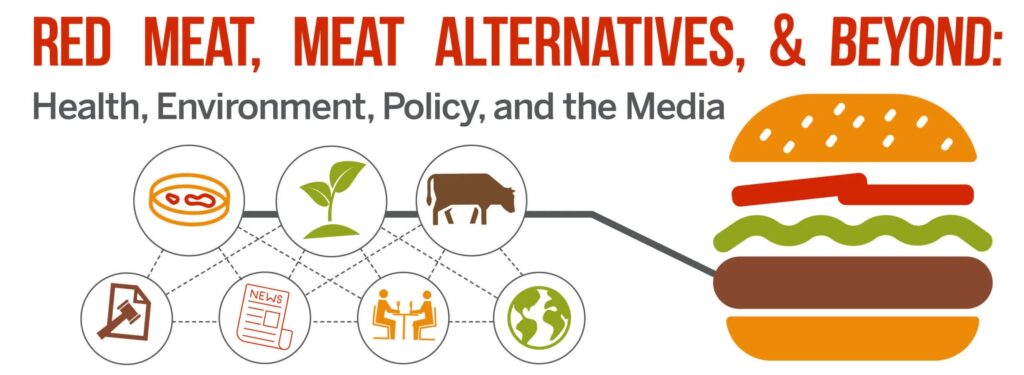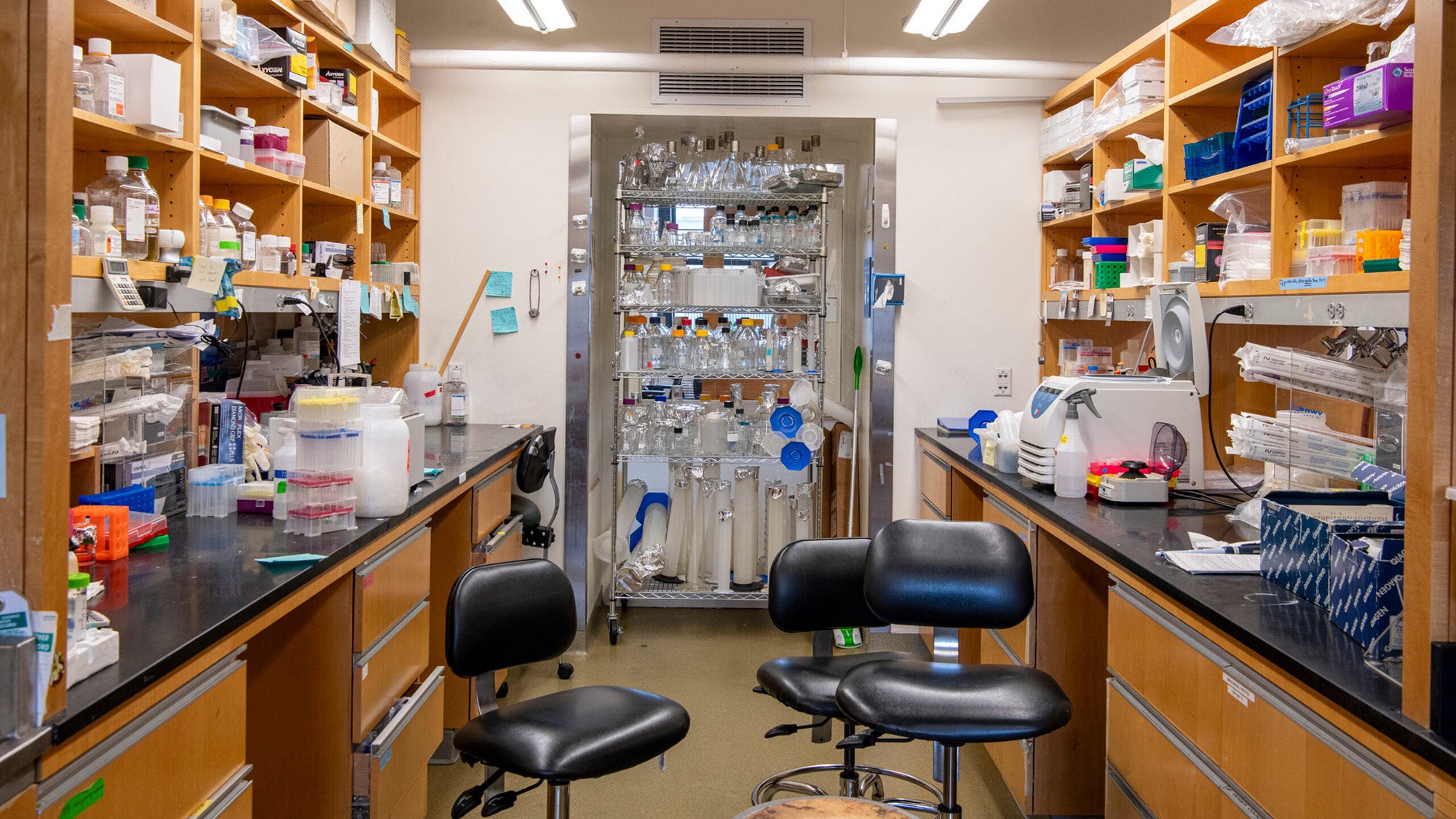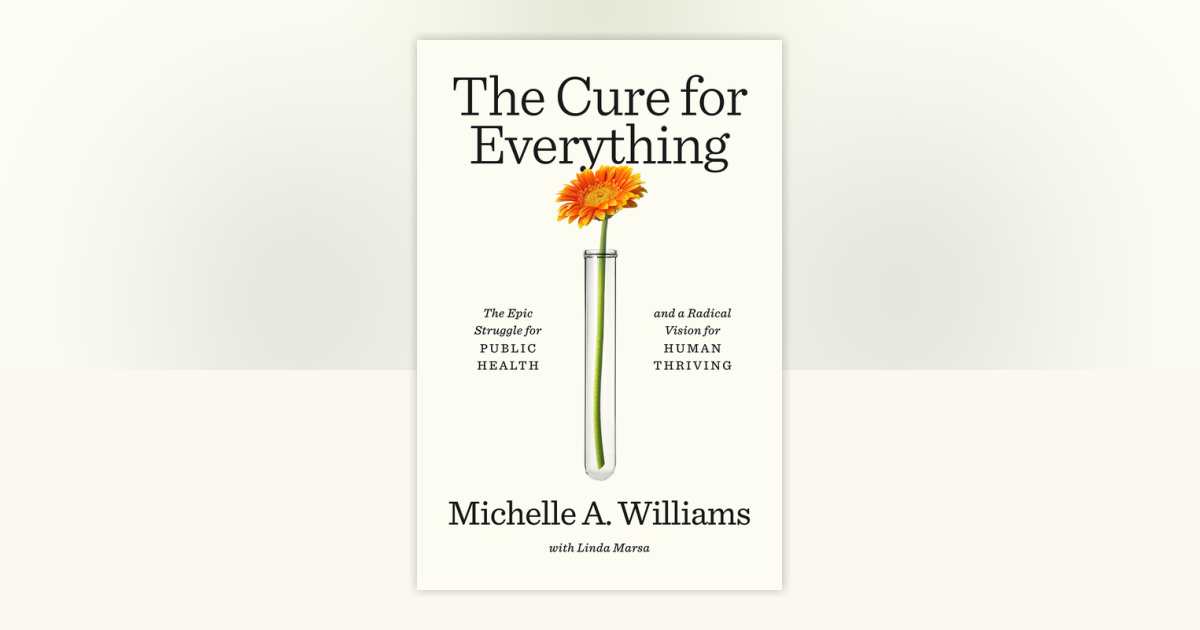Red Meat, Meat Alternatives, and Beyond

In 2019, meat—of all types—seemed to dominate much of the news coverage on food and health. Controversial guidelines around red and processed meats made headlines, while countless publications examined the new wave of plant-based meat alternatives being marketed as a way to accelerate the shift from industrial animal agriculture. Designed to closely recreate the taste and experience of eating meat, products from brands like Impossible Foods and Beyond Meat drew interest from a broader consumer base than earlier alternatives targeted at a vegan or vegetarian demographic.
But can these innovations engineered from plants really be part of a healthy and sustainable diet? And what about the developing area of lab-cultured meats seeking to grow familiar products from cells, rather than produce them from the animal itself?
These were just some of the overarching questions informing the Department of Nutrition’s January 2020 symposium, which explored both red meat and meat alternatives in context of broader challenges for conducting, implementing, and communicating public health research, policy, and guidelines.

Recordings of the symposium’s presentations and panel discussion questions are embedded below.
Presentations
Frank Hu, MD, MPH, PhD
Fredrick J. Stare Professor of Nutrition and Epidemiology; Chair, Dept. of Nutrition, Harvard Chan School
James Hamblin, MD, MPH
Staff writer, The Atlantic; Lecturer, Yale School of Public Health
Walter Willett, MD, DrPH
Professor of Epidemiology and Nutrition, Harvard Chan School
Nicole Tichenor Blackstone, MS, PhD
Assistant Professor in the Division of Agriculture, Food, and Environment at the Friedman School of Nutrition Science and Policy at Tufts University
Marjorie McCullough, ScD, RD
Senior Scientific Director, Epidemiology Research, American Cancer Society
Graham Colditz, MD, DrPH, MPH
Niess-Gain Professor of Surgery and Division Chief, Public Health Sciences, School of Medicine; Deputy Director, Institute for Public Health, Washington University in St. Louis
Francesca Dominici, PhD
Clarence James Gamble Professor of Biostatistics, Population and Data Science, Harvard Chan School
Nicole Negowetti, JD
Lecturer on Law and Clinical Instructor, Harvard Animal Law and Policy Clinic, Harvard Law School
William Clark, PhD
Harvey Brooks Professor of International Science, Public Policy and Human Development, Harvard Kennedy School
Panel Discussion
Moderated by: Eric Rimm, ScD, Professor in the Departments of Epidemiology and Nutrition, Harvard Chan School


